Local business professional provides advice on implementing effective internships.
Internships are a great way for students to gain practical knowledge and skills needed to demonstrate professional competency. It is a form of experiential learning, where students can connect theoretical concepts from the classroom to work-based applications, and also develop an understanding of professional norms and standards within their career field.
- Measurable Learning Objectives: This is necessary for interns to develop key skills needed to qualify for entry-level career positions. These objectives can include technical skills, such as proficiency with a specific software application, or soft skills, like enhanced communication skills or problem-solving.
- Increasing Task Complexity: The work would reflect progress as the student advances through the internship. It is okay to include basic tasks at first so the intern can become accustomed to working for the organization, but the old-fashioned notion of interns as simply coffee runners should be discouraged.
- Show the Whole Picture: Provide opportunities for interns to be exposed to many different functions of the organization and the roles therein, not just the internship department or team. This is their window into the professional world of work while they are still in school, and the more they can see the “big picture” of how an organization works, the more prepared they will be to perform.
- Provide Networking Opportunities: Give interns opportunities to network outside of the organization if possible, attending industry functions, conferences, association meetings, or other external functions.
- Select the Right Candidates: Organizations should evaluate intern candidates based primarily on their capacity to learn, and not their current proficiency levels. Determine in advance what prerequisite knowledge, skills, and abilities are needed to effectively learn. Look for students who have demonstrated a willingness and desire to grow in their field through academic accomplishments, involvement, and leadership roles.
- Be Specific and Detailed: For employers, the most important practice for developing a worthwhile internship is to be as specific and detailed as possible about the tasks, goals, and milestones for successful completion of the internship. This is the best way to ensure interns are successful and maximize the value of the internship to the organization.
- Require Proper Paperwork: Seek assistance from HR professionals in the organization to create detailed job descriptions and performance objectives.
- Conduct Assessments: Train intern supervisors to provide regular feedback to interns and help them reflect on their experiences. Intentionally pair interns with an organizational mentor to provide support and boost their confidence, providing an added benefit of leadership development for current employees.
- Highlight Improvements: Celebrate and promote intern accomplishments; this will not only encourage interns to succeed but help develop an attractive employer brand for prospective interns.
- Freedom to Learn from Mistakes: Finally, allow the intern the ability to fail forward. Remember that the intern’s primary goal is to learn, which will inevitably involve making mistakes. Give the intern a chance to work through the issue and reflect on how to avoid similar mistakes in the future.
“Organizations should evaluate intern candidates based on their capacity to learn, and not their current proficiency levels.”
Our Expert: Brad Robbins, Director of Career Development, Auburn University at Montgomery
Find Out More: (334) 244-3345 or www.aum.edu







